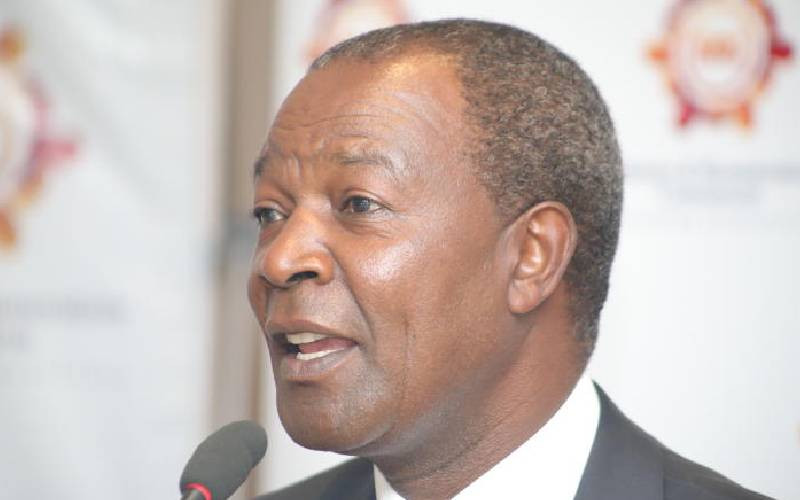
In the midst of Kenya's economic storm, we find ourselves grappling with four significant challenges - high fuel prices, the rising cost of living, the depreciation of Kenya shilling and the raise of inflation.
Kenya is a democracy and the popular dictum of democracy as government of the people by the people and for the people underlines the principles of good governance and accountability. What does that mean for our economic challenges? It's a call for good governance and accountability to ensure that decisions made by the government are in the best interest of the people.